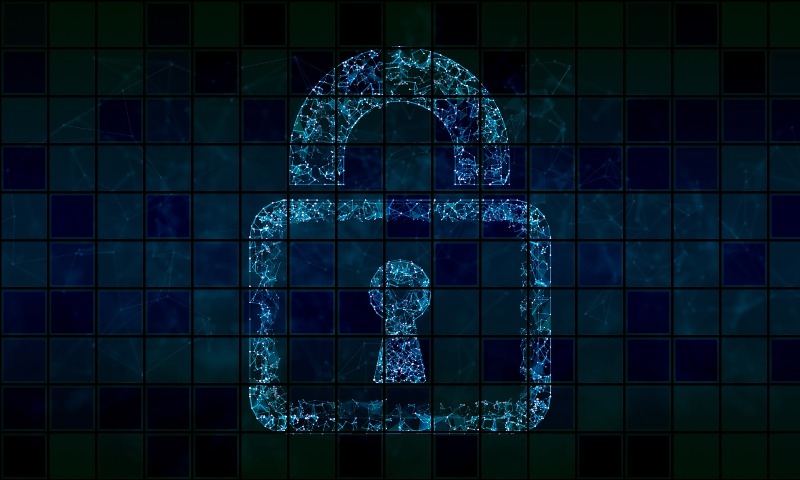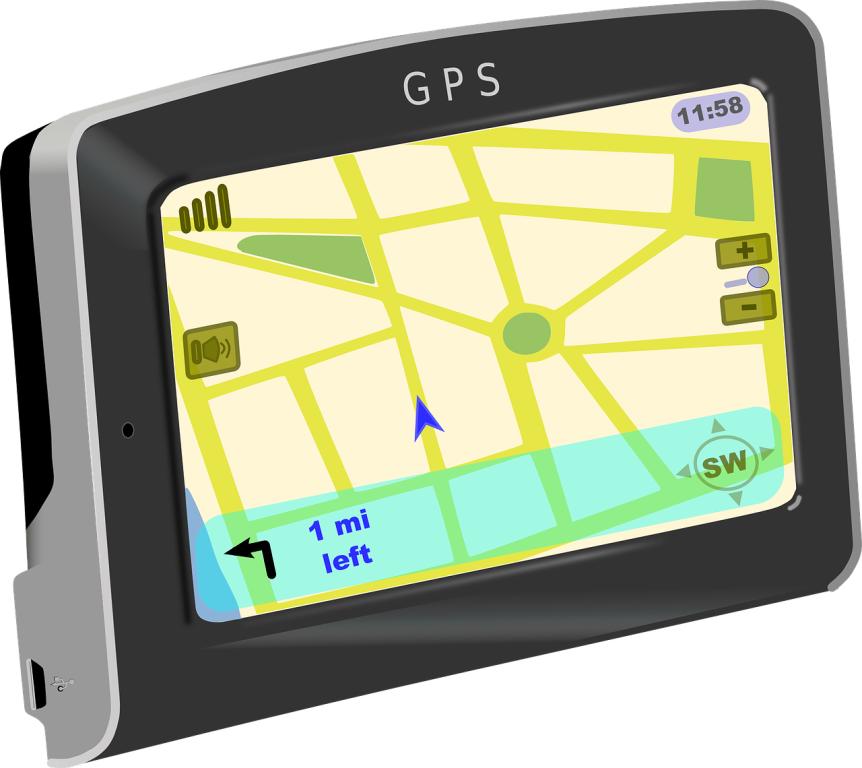
Source: Pixabay
Many people have fallen victim to identity theft attacks and other forms of hacking. Cases of ransomware demands continue to spike daily. Victims have been forced to pay millions of dollars to ensure the safe return of their private and sensitive data from these ransomware attacks.
It’s getting much easier for digital thieves to get control over your private information and data. The risks of your mobile, social media accounts, on the cloud, or your smart tablets getting hacked are at a record high. Data breaches are the new norm, and that’s why it’s imperative you learn how to safeguard your private data from the growing number of unscrupulous hackers out there.
Use the following 14 private data protection tricks to avoid becoming yet another ransomware victim. These pointers are supposed to make it harder and harder for unwanted people to gain access and control your private information and data.
Table of Contents
1. Social Media Security
Your exposure on your Facebook, Twitter, or Instagram accounts could become your undoing. Always verify your active Twitter, Facebook, Instagram, or any other social media accounts to stay secure from malicious malware like worms, Trojans, and even spammers. Use of the two-factor authentication protocols to cushion your Twitter, Facebook, and Instagram accounts with an extra security blanket.
2. Password Management
Many people often make the terrible security blunder of using simplistic and obvious passwords over and over in all the different platforms and accounts. Hackers are all too well aware of this human weakness.
And, that’s why you’re highly discouraged from using obvious, or naive passwords that combine your names and date of birth when registering social media accounts or emails.
3. Encrypted OS

Source: Pixabay
Secure your online shared private data and information using the full disc encrypted operating systems for optimal results. Operating systems like, Windows, Mac, and File Vault give users the security option of making their shared data unreadable to outsiders. These third parties can’t access your personal computers’ private data without your authorization.
4. Avoid Public Computers
One of the easiest ways to get your data breached is by using shared computers or on public networks. Hackers are always lurking around publicly shared computers to steal private data from unsuspecting users. If you’re using public PCs at your local libraries, or a cyber café, don’t forget to log off completely before leaving your stations.
5. No Free Wi-Fi
Resist the temptation to log on to free Wi-Fi systems at all costs. If you have to use free Wi-Fi at your local diners, cafés, or mall, always ensure you’re logged in on a secure and reliable VPN, or Virtual Private Network. VPN’s deter hackers from gaining control of your emails and social media accounts.
6. Virtual Private Networks(VPNs)
Virtual Private Networks, or VPNs musk or hide your device’s real IP addresses making it harder for hackers to target you. If need be, pay for premium VPN access to safely encrypt all your sensitive personal, or business data. Alternatively, go for the application-specific encryption device known as a SOCKS5. These devices are ideal for proxied browsing and for testing IPs from unknown and untrusted devices.
7. Backing Up Data
In as much as you might try to keep your private data secure, there’s always the real risk that your Facebook accounts get compromised at some point. Make multiple copies of all your private data on hard discs, memory cards, or on dedicated servers to avoid losing everything in an attack. Using the latest servers, it’s possible for you to completely encrypt and store copies of your sensitive data in offline deposit boxes.
8. Updating Operating Systems

Source: Pixabay
Your computer’s operating systems require regular updating and other reconfiguration for secure performances. Make sure you’re on a genuine operating system copy. Counterfeit or cracked OS’s lack the essential update feature, and that leaves your personal computers at heightened risks of malware and attackers.
9. Confirm Your Friends
To keep your Twitter or Facebook accounts completely secure, you’ll need to confirm your online friends. Never accept friend requests from people you’re unfamiliar with. And, stay clear from links to your emails, Facebook inboxes or, Twitter timeline. The moment you accept these ‘friend requests’ or click on the forwarded links you give away your data privacy to strangers.
10. Avoid Scams
Even after you’ve secured your emails or social media accounts with the two-factor authentication, you’ll still get one or two spam emails. Stay on the constant lookout for phishing scams directed to your inboxes by digital pirates intent on stealing your identities for all manners of wrong reasons.
11. Private Settings
Updates Stay conscious of any updates for your installed PC or mobile applications. To prevent getting hacked, you should only install applications that require you to share the least private data.
12. Install Phone Security
Always ensure that you have the best mobile security software installed on your gadgets and gizmos. The latest phone security apps like, Norton Mobile Security comes fitted with impressive features that make it nearly-impossible for prowlers and thieves alike to gain access to your valuable and private data.
13. Tracking Apps

Source: Pixabay
Ensure you install an anti-theft application on your personal computers, be it laptops or smartphones. That way, you’ll be able to track them or at least execute a remote factory reset if the devices get lost or stolen.
14. Turn Off Bluetooth
Keep your private data away from hackers, worms, Trojan, and other malware by turning off your Bluetooth when you’re not using it. Leaving your Bluetooth on exposes you to many security flaws out there.
In Conclusion
You must take the necessary security precautionary measures to protect not only your private data but, that of your virtual friends as well. You should work with passwords having unique combinations comprising upper and lower case letters, symbols, and numbers for enhanced data security. Make a concerted effort to stay informed on the latest online security hacks and tricks to protect yourself from ransomware attacks.
Combine all the above privacy protection methods to deter malware, phishing scams, Trojans, and infected worms from adversely affecting your private data. Above all, always use your intuition, and common sense when transacting in the digital space to avoid costly breaches.


